In 1985, something unexpected happened in a neuroscience lab at the University of Iowa. A man named Elliot had survived a brain tumor, but the surgery damaged part of his brain called the orbitofrontal cortex.
Afterward, he could still do math. Argue logic. Explain ethics. But he couldn’t make decisions. Not because he lost reason. Because he lost the ability to feel regret. And without regret, he got stuck—unable to weigh what mattered, unable to move forward.
That’s when scientists realized: Regret isn’t a flaw in the system. It is an essential part of the system. It’s how we learn. How we choose. How we grow.
What I Learned Too Late (and Just in Time)
Regret doesn’t always shout. Sometimes it whispers—so faintly we miss it for years. But unheard regret doesn’t vanish. It lingers. And over time, it can quietly reroute the course of our lives—how we live, how we lead, how we love.
Looking back, I can see this in my own story. I grew up in a home where I felt deeply loved. But when things got hard—whether it was school or a new habit or a tough conversation—I had a go-to strategy: I bailed.
I’d rationalize, argue, distract myself, do anything to get back to my comfort zone. I didn’t yet know how to sit in discomfort long enough to let it transform me.
A few months ago, my wife Teresa said something that landed like truth often does—gently, and then all at once. She said, “Honey, I don’t think you really learned how to lean into discomfort when you were younger.”
It was like someone quietly turned on a light in a room I didn’t know I’d been living in.
And suddenly, I could see it: decades of moments—missed growth, stunted courage, held-back words, half-formed risks. Not because I was lazy or afraid of effort. But because I didn’t yet have a framework for what discomfort could offer me.
I felt regret. Not just about one thing, but about a pattern. A missed muscle I wish I’d started building earlier. And I wondered: What would have been different if I had felt that regret sooner, and let it teach me something?
Because here's the thing: regret that gets ignored doesn’t go away. It calcifies.
Regret in Real Time
A few weeks ago, I walked into our dining room. We have this beautiful old reclaimed wood table—a gift from a friend—but the leaves don’t slide together easily. There’s a certain way to do it so they don’t jam, and I’ve (probably too often) reminded the family “how to do it the right way!”
That day, I saw the leaves half-closed and stuck. And without even thinking, I blurted out: “Who would be so stupid as to do this the wrong way? I can’t believe how ignorant someone would have to be to not figure this out!”
As I was muttering to myself, Teresa walked around the corner. She looked at me and simply said, “It was me.”
The wave of regret hit instantly.
Not because I got caught. But because I had just spoken with contempt and superiority about someone I love deeply. I heard the tone. I felt the impact. And I hated what it revealed.
That’s what regret does. It gives you a flash of clarity—a window of opportunity to course-correct.
And while I don’t always recognize those windows, this time I did.
I apologized. I did a repair. And thankfully, Teresa—gracious as always—was quick to forgive… and equally quick to point out the contempt in my voice. She wasn’t wrong.
Two different stories. One was quiet and years in the making. The other exploded in a single sentence. But in both cases, regret wasn’t there to punish me. It was there to teach me. To hold up a mirror. To offer a better way forward.
And it made me wonder: Why do we resist regret so much? Why do we downplay it, stuff it down, or try to outrun it altogether?
Because somewhere along the way, we started telling ourselves that regret is weakness. That it’s something to avoid at all costs. That “no regrets” is the mantra of the strong, the successful, the self-assured.
But what if that’s completely backward?
Why “No Regrets” Is a Dangerous Lie
You’ve heard the phrases. Maybe you’ve even said them:
“No regrets.”
“I did what I had to do.”
“You can’t change the past, so why dwell on it?”
At face value, they sound like strength. But look again. These are not declarations of confidence. They’re defenses. Defenses against vulnerability. Against feeling the sting of imperfection. And most of all, defenses against the transformational gift of regret.
Because regret, when held honestly, is a compass.
It points us toward the kind of person we want to be. It’s not there to shame us. It’s there to shape us.
What the Brain (and Love) Says About Regret
According to neuroscientist Lisa Feldman Barrett, emotions aren’t reactions to the world—they’re predictions.
Your brain is constantly comparing what’s happening now to what has happened before, making educated guesses to keep you safe, connected, and aligned with your internal map of meaning.
In this model, regret isn’t a malfunction—it’s a message. It’s your brain’s way of saying:
“That moment? That choice? That wasn’t in alignment with who you want to be.”
So when regret shows up, it’s not a sign of weakness. It’s an invitation.
An opportunity to pause, reflect, and recalibrate your course.
As therapist and author Terry Real says, “All healthy relationships move in a rhythm of harmony, disharmony, and repair.”
The goal isn’t to live in constant harmony—that’s a myth. The real work is recognizing when disconnection happens, allowing regret to awaken us, and then leaning into the work of repair.
And the research backs this up.
Relationship scientists, Drs. John and Julie Gottman found that what distinguishes the “masters of relationships” from the “disasters of relationships” isn’t the absence of conflict or missteps. It’s the work that goes into repair after a regrettable incident. Repair—not perfection—is the secret ingredient to thriving connection.
And regret is what helps us get there. It’s like a quiet inner compass, gently signalling when we’ve drifted from our values or our connection with others. Rather than a flaw to avoid, regret becomes a form of wisdom—an invitation to pause, reflect, and realign with who you want to be and how you want to show up in your relationships and in life.
When partnered with love, it guides you from breakdown to breakthrough.
From Shame to Growth: The Rule of Regret
The Rule of Regret is simple, and transformative:
You can’t change the past. But you can learn from it.
There’s no power in shame, and no growth in blame. But there is incredible power in allowing regret to teach you how to show up differently.
3 Ways to Turn Regret Into Relational Power
Use Regret as a Mirror, Not a Whip
Don’t beat yourself up. Instead, let regret reflect the kind of person you want to be. This isn’t self-flagellation—it’s emotional maturity. It’s what love does. Ask yourself:What was I needing in that moment?
What do I wish I’d said or done?
What is this regret pointing me toward?
What value of mine was violated, and how can I live more fully in alignment with it now?
When you use regret as a mirror, you reclaim its wisdom. You turn discomfort into clarity—and let love shape what comes next.
Practice Humble Repair
Relationships don’t thrive because people never mess up. They thrive because people circle back. Regret can signal when a repair is needed. Let it move you toward reconnection with this simple phrase: “I’ve been thinking about what happened. I regret how I showed up, and I’d love a chance to make it right.” That’s not weakness. That’s emotional courage. That’s relational intelligence.Forgive, Then Rewire
Forgiving yourself isn’t about excusing the past. It’s about believing in your capacity to do better. So try this: visualize the same scenario, but this time, imagine yourself grounded. You speak truth with care. You take responsibility without defensiveness. You show up with presence, humility, and courage. That’s what love looks like in action.And this kind of mental rehearsal doesn’t just feel good—it actually trains your brain to respond differently next time. It builds the muscle of intentionality. And it makes future success more likely.
The Love-Centric Invitation
Regret isn’t weakness—it’s healthy feedback. A high-functioning internal system alerting you when something isn’t aligned with who you say you are.
It doesn’t exist to shame you.
It exists to sharpen you.
To help you recalibrate, reconnect, and lead with greater integrity.
Let go of the “no regrets” myth. It’s not strength to ignore what matters.
Real strength is being honest with yourself, owning your impact, and choosing to lead—at work and in life—with clarity, courage, and care.
Let regret be a teacher.
Let love be the strategy.
And let who you become be the real win.
Until next week,
Jonathan Penner | Co-Founder & Executive Director of LifeApp
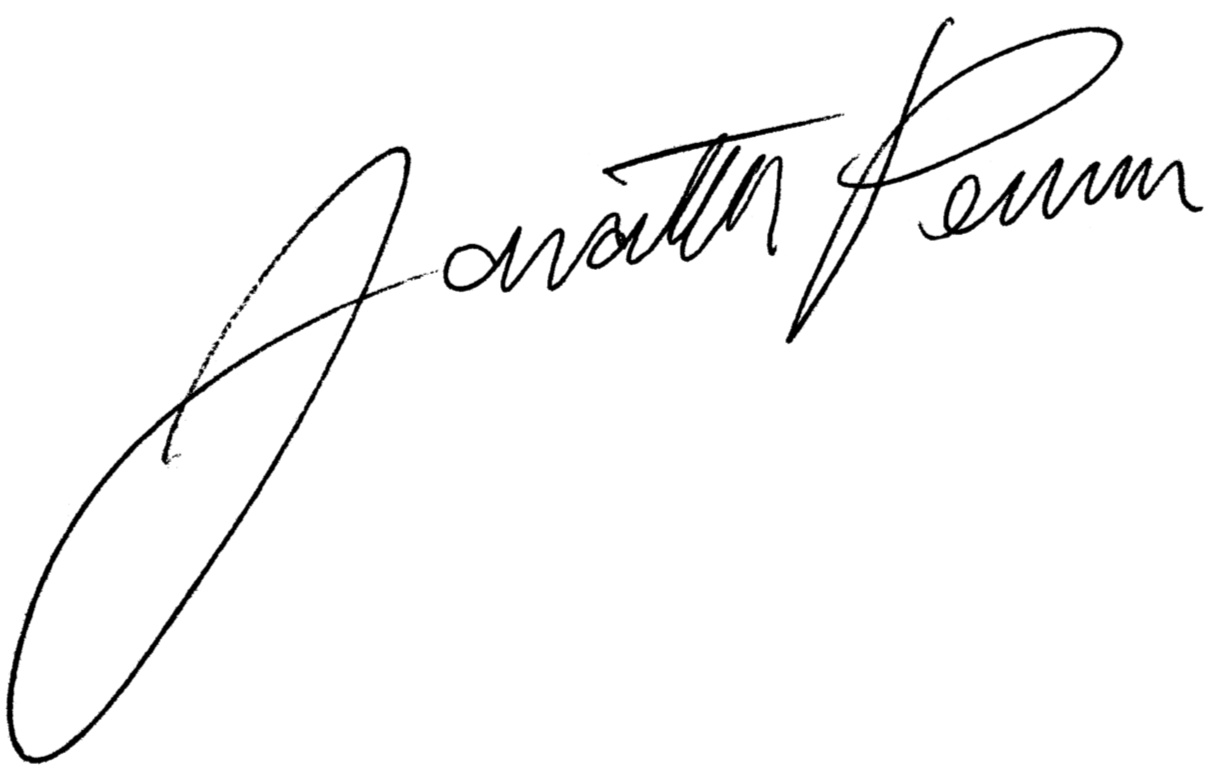

Resources To Dig Deeper
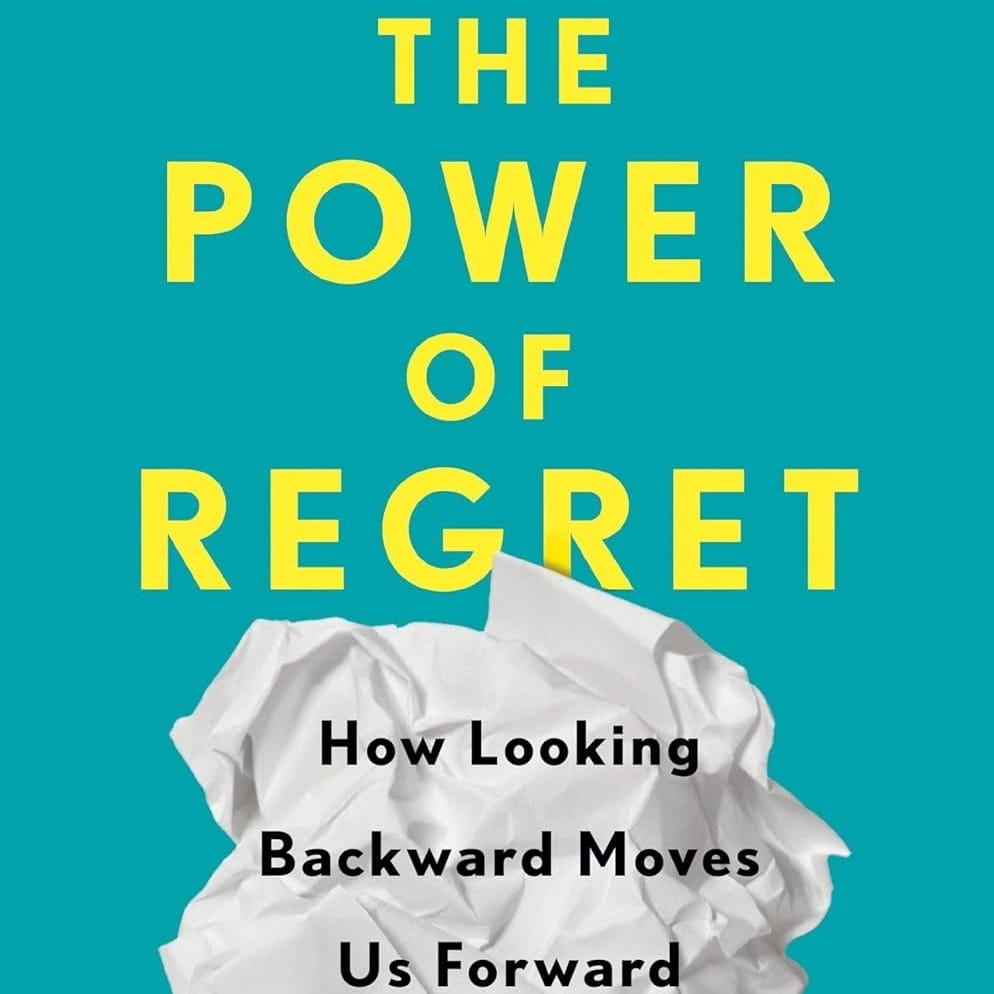
Book
The Power of Regret
Daniel H. Pink explores how regret—far from being something to avoid—is a powerful, universal emotion that can shape better choices, deepen relationships, and lead to a more meaningful life. Drawing on cutting-edge research and the world’s largest study on regret, Pink debunks the myth of the “no regrets” philosophy of life. Rooted in social psychology, neuroscience, and biology, he reveals four core types of regret and offers practical tools for transforming this misunderstood emotion into a force for growth, wisdom, and connection.
-Daniel H. Pink
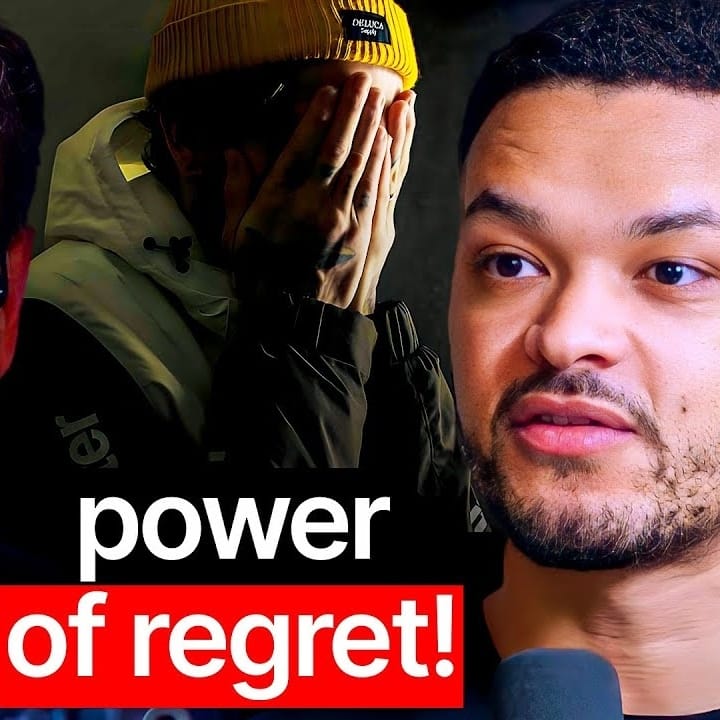
Video
The HIDDEN Power of REGRET
In this candid and insightful interview, Daniel H. Pink shares the personal motivation behind his book The Power of Regret, revealing how his own midlife reflections and unspoken regrets led him to challenge society’s “no regrets” mantra. Drawing from neuroscience, psychology, and the world’s largest regret database, Pink reframes regret not as a weakness, but as a clarifying and instructive emotion—one that, when met with self-compassion and reflection, can shape better decisions, deeper relationships, and a more meaningful life.
-Daniel H. Pink (13:17 min)
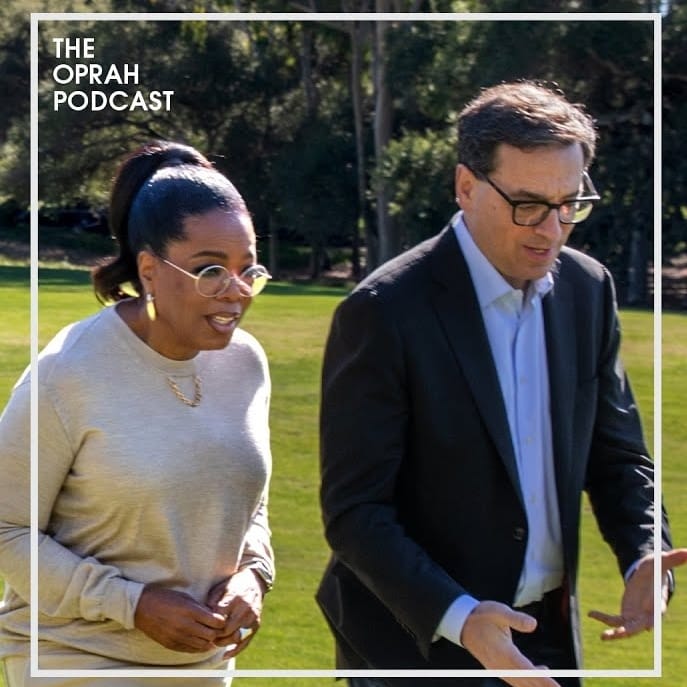
Video
How Regrets Actually Lead to Your Best Life
In this intimate video conversation, Oprah and Daniel Pink explore the transformative power of regret—moving beyond shame to usefulness. They delve into heartfelt stories: from missed opportunities and relationship missteps to life-altering diagnoses, highlighting how regret can clarify what truly matters. Pink guides listeners on how to harness regret: name it, reflect on it, learn from it, and treat yourself kindly instead of harshly. It’s a powerful reminder that regret doesn’t hold you back—when embraced, it can propel you forward.
-Oprah and Daniel Pink (44:49 min)
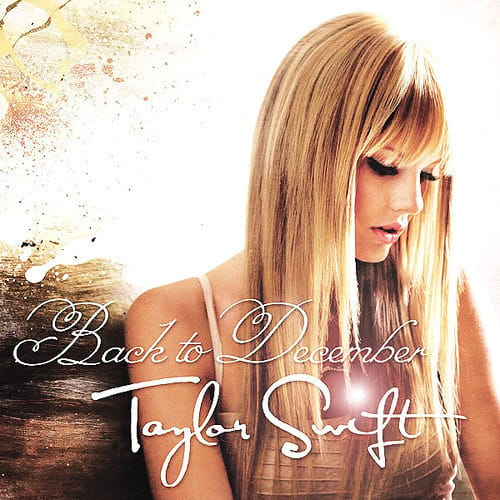
Song
Back to September
One of the most emotionally intelligent portrayals of regret in modern pop music. Through vivid memories and raw vulnerability, the song explores how the weight of a past mistake can become a catalyst for humility, reflection, and longing for repair. Rather than minimizing her actions or blaming circumstances, the narrator fully owns the pain she caused, swallowing pride, replaying missed opportunities, and naming the love she failed to hold well. The lyrics underscore a crucial truth: regret, when faced honestly, doesn’t just look backward—it opens a path forward. It invites growth, accountability, and the kind of emotional clarity that can deepen how we show up in future relationships.
-Taylor Swift (4:57)
Learn More About
“As a business owner, and a father, there’s a lot of pressure. This has completely shifted how I show up at work, and for my family.”

